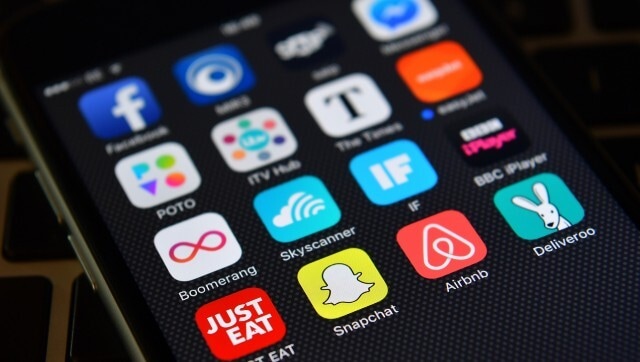How smartphones and digital technology help develop your cognitive abilities
Smartphones, and digital technology can function as an auxiliary, serving as tools that are good at memorisation, calculation and storing information, according to a new research at University of Cincinnati

Representational Image. Getty images.
Although there are plenty of negatives associated with smart technology, the positive side to it cannot be ignored, according to a new University of Cincinnati research by social/behavioural expert Anthony Chemero.
"Despite the headlines, there is no scientific evidence that shows that smartphones and digital technology harm our biological cognitive abilities," says the UC professor of philosophy and psychology who recently co-authored a paper stating such in Nature Human Behaviour.
In the paper, Chemero and colleagues at the University of Toronto's Rotman School of Management expound on the evolution of the digital age, explaining how smart technology supplements thinking, thus helping us to excel.
"What smartphones and digital technology seem to do instead is to change the ways in which we engage our biological cognitive abilities," Chemero says, adding "these changes are actually cognitively beneficial."
For example, he says, your smartphone knows the way to the baseball stadium so that you don't have to dig out a map or ask for directions, which frees up brain energy to think about something else. The same holds true in a professional setting: "We're not solving complex mathematical problems with pen and paper or memorising phone numbers in 2021."
Computers, tablets and smartphones, he says, function as an auxiliary, serving as tools that are good at memorisation, calculation and storing information and presenting information when you need it.
Additionally, smart technology augments decision-making skills that we would be hard pressed to accomplish on our own, says the paper's lead author Lorenzo Cecutti, a PhD candidate at the University of Toronto.
Using GPS technology on our phones, he says, can not only help us get there but lets us choose a route based on traffic conditions. "That would be a challenging task when driving round in a new city."
Chemero adds: "You put all this technology together with a naked human brain and you get something that's smarter and the result is that we, supplemented by our technology, are actually capable of accomplishing much more complex tasks than we could with our un-supplemented biological abilities."
While there may be other consequences to smart technology, "making us stupid is not one of them," says Chemero.
also read

Drone seen over Indian High Commission in Islamabad, New Delhi protests breach: All you need to know
Two defence personnel were injured in twin blasts conducted by drones at Jammu's IAF station on Sunday

Delhi HC refuses to stay Competition Commission’s probe into WhatsApp's privacy policy
A court said an application seeking stay of further steps in the investigation has been filed in which notice was issued to the Director-General of CCI and no interim relief was given by the division bench on 6 May

BITSAT 2021: Application deadline extended till 7 July; exam to be held from 3 to 6 August
As per a notice on the official website, BITSAT 2021 for the academic year 2021-22 will be conducted from 3 to 6 August